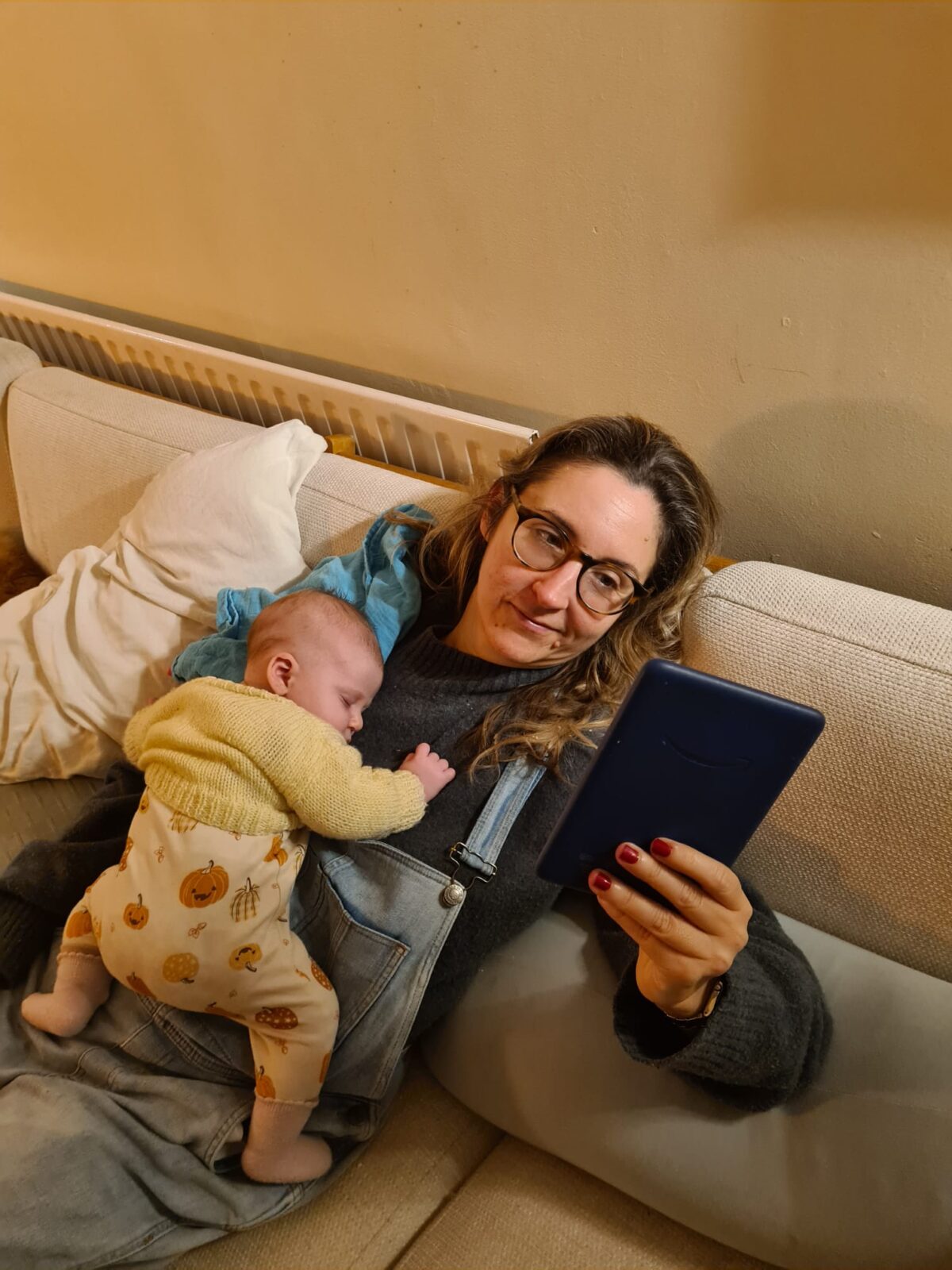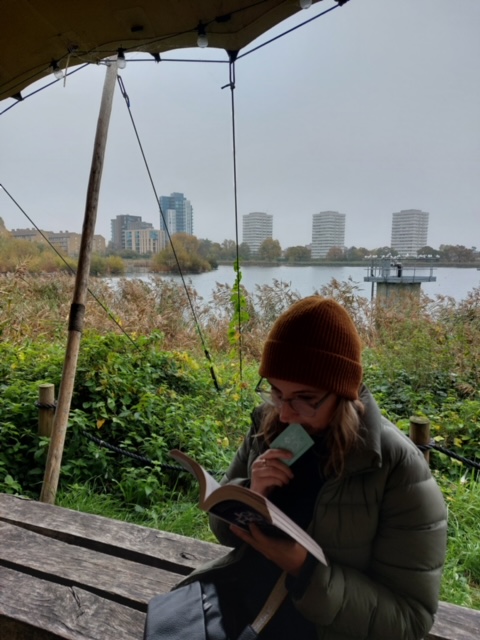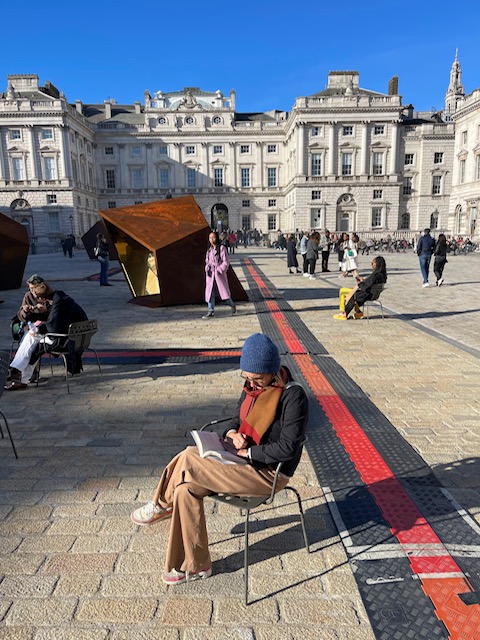Athill’s writing is just so completely clean and unpretentious it feels like a near-miracle. I am close to having read all her books, and am going slow, because I don’t want them to be over. Her memoir INSTEAD OF A LETTER was a searing story of getting dumped, while SOMEWHERE TOWARDS THE END is an only slight more searing story of what it is like to get old. This is not memoir, but fiction, and I did not like it quite as much.
It tells the story of a young woman who gets to move to London after the second world war. The freedom that I, fifty years later, take for granted, is for her and her friends completely unexpected and thrilling. She gets a job (!), has sex (!!), and meets immigrants (!!!). She is also a pretty cold-hearted tease. She’s a very pretty woman, and is not too bothered about making it clear when she is not interested. I don’t want to be too judgmental, but I found it really pretty mean.
Let’s close with a lovely snippet, about her arguing with her mother as a child: “If I sulked and cried I could usually make my mother cry too – during our rows we would sob rage and frustration at each other – but she always won because an adult’s tears are more frightening than a child’s . . “










